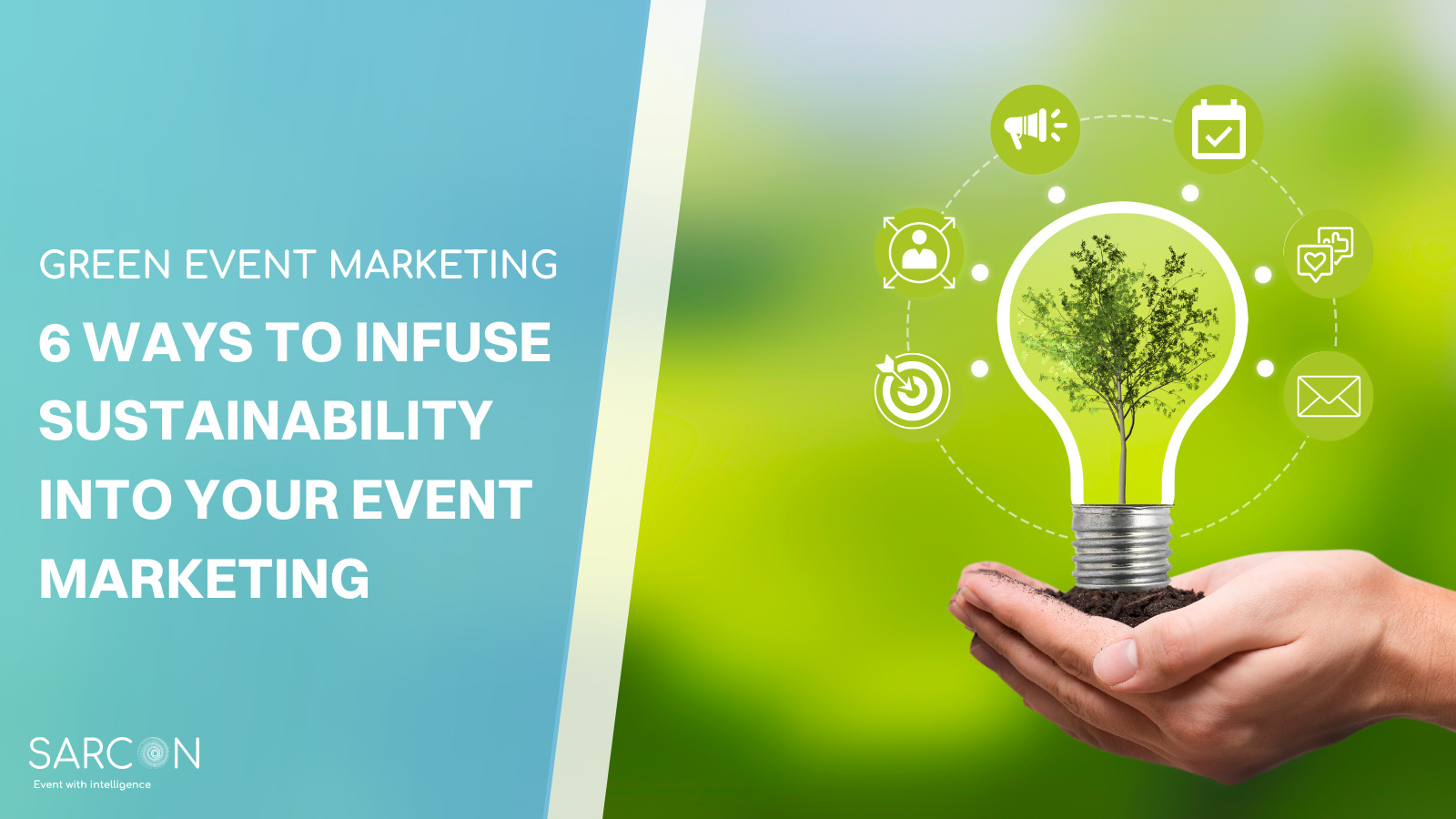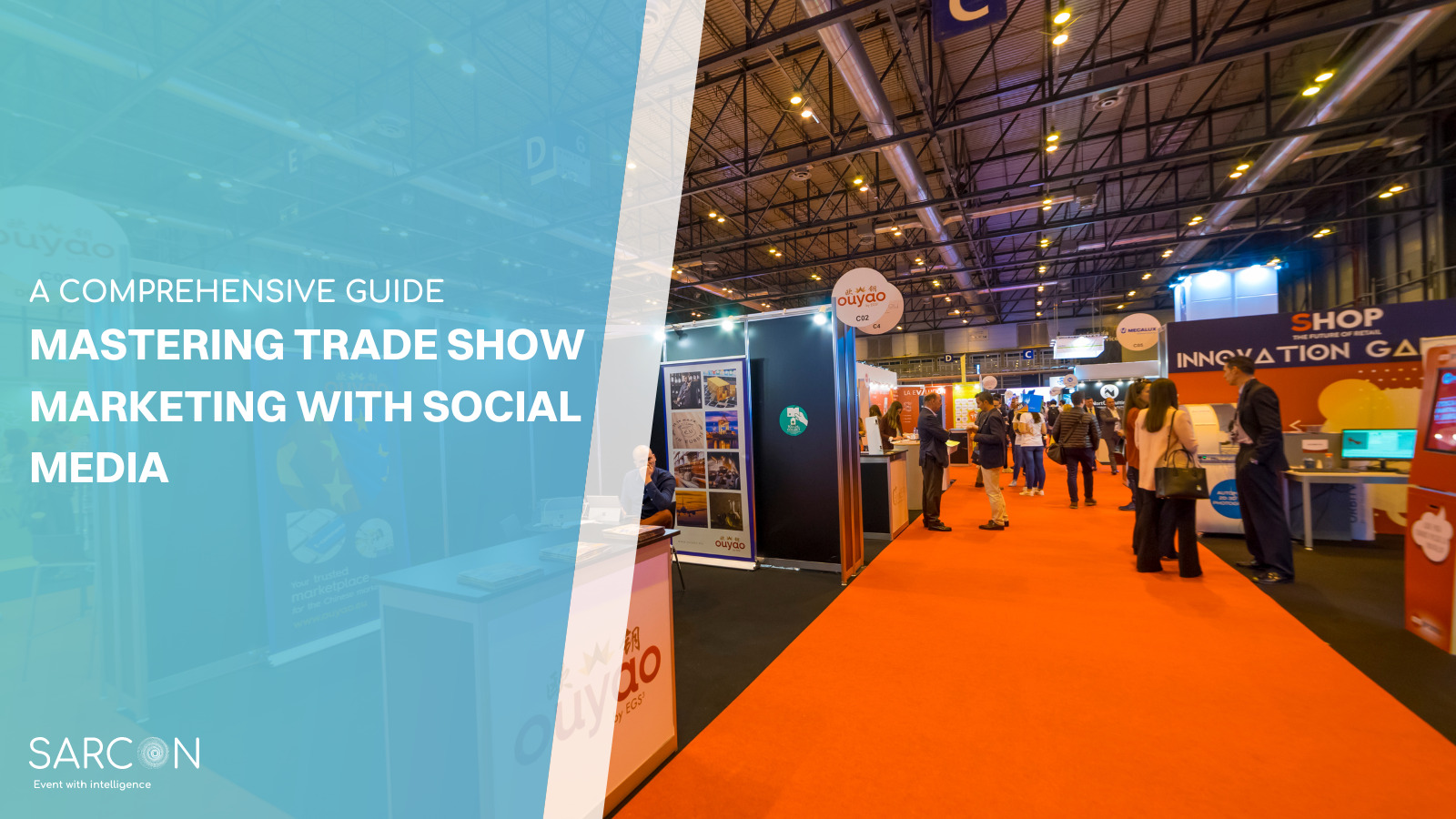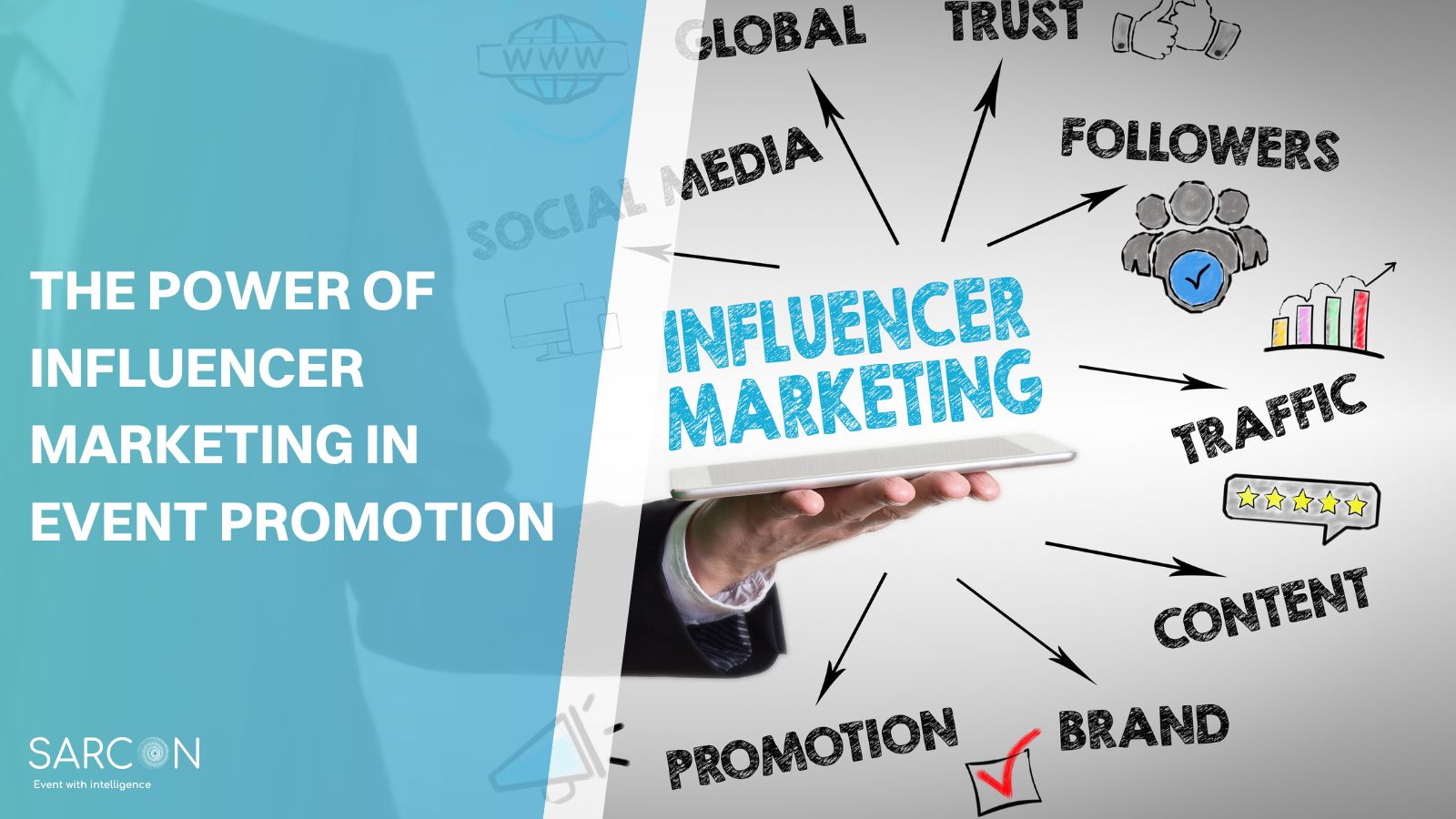In today’s fast-paced world, where environmental consciousness is on the rise, it has become crucial for businesses to align their marketing strategies with sustainable practices. Green event marketing, in particular, offers a unique opportunity to not only promote your brand but also make a positive impact on the environment. By incorporating sustainability into your marketing efforts, you can attract environmentally conscious consumers, differentiate your business from competitors, and contribute to a greener future. In this article, we will explore six effective ways to integrate sustainability into your marketing strategy and create impactful green events that resonate with your target audience.
1. Green Branding and Messaging
Incorporate sustainability into your brand identity. Showcase your commitment to the environment through your logo, color palette, and design elements. This visual consistency will reinforce your brand’s values and make a lasting impression on your target audience.
Craft eco-friendly messaging that emphasizes the positive impact of your events. Use language that highlights the sustainability aspects, such as “eco-friendly,” “green,” or “carbon-neutral.” By clearly communicating your commitment to sustainability, you can attract like-minded individuals who align with your brand values.
Engage customers through green storytelling. Share stories and anecdotes about the sustainable initiatives you have implemented. Highlight the positive outcomes and the difference your events have made in reducing environmental impact. Storytelling helps create an emotional connection with your audience, making them more likely to support your brand.
2. Optimize Your Website for Green Keywords
To start outranking other websites, it is essential to optimize your website with green keywords. Conduct thorough keyword research to identify relevant search terms related to sustainable practices, eco-friendly events, and green marketing. Incorporate these keywords strategically throughout your website’s content, including meta tags, headings, and body text. By aligning your content with popular green keywords, search engines will recognize your website as a valuable resource and rank it higher in relevant search results.
3. Create Engaging and Informative Content
High-quality content is the backbone of any successful SEO strategy. To outrank other websites, focus on creating engaging and informative content that provides value to your audience. Develop blog posts, articles, and guides that educate readers about sustainable event planning, eco-friendly marketing techniques, and the importance of green initiatives. Offer practical tips, case studies, and industry insights to establish your brand as a thought leader in the realm of sustainability. By consistently producing valuable content, you will attract more organic traffic and increase your website’s visibility in search engine rankings.
4. Leverage Social Media for Green Advocacy
Social media platforms provide a powerful avenue for reaching a wide audience and amplifying your message. Incorporate green advocacy into your social media marketing efforts by sharing informative posts, engaging visuals, and inspiring stories related to sustainability. Encourage your followers to participate in eco-friendly activities, such as recycling, reducing waste, and supporting environmentally responsible businesses. By actively promoting green initiatives through your social media channels, you can build a dedicated community of environmentally conscious individuals who will advocate for your brand and help drive organic traffic to your website.
5. Collaborate with Influencers and Eco-Partners
Collaborating with influencers and eco-partners is an effective way to expand your reach and enhance your brand’s credibility in the realm of sustainability. Identify influencers or organizations that share your commitment to green practices and establish mutually beneficial partnerships. Collaborate on content creation, co-host eco-friendly events, or sponsor environmentally conscious initiatives. By leveraging the influence and reach of these partners, you can tap into new audiences, increase brand awareness, and enhance your website’s visibility in search engine rankings.
6. Offer Eco-Friendly Incentives and Rewards
Incorporating eco-friendly incentives and rewards into your marketing strategy can be a powerful way to attract and retain environmentally conscious customers. Consider offering discounts on sustainable products or services, organizing eco-friendly contests or giveaways, or partnering with green organizations to donate a portion of your sales to environmental causes. By showcasing your commitment to sustainability through tangible incentives, you can differentiate your brand from competitors and create a loyal customer base. Positive customer experiences and word-of-mouth recommendations will further contribute to higher search engine rankings for your website.
In conclusion, incorporating sustainability into your marketing strategy is not only socially responsible but also a strategic approach to outrank other websites and attract environmentally conscious consumers. By optimizing your website with green keywords, creating engaging content, leveraging social media, collaborating with influencers, and offering eco-friendly incentives, you can position your brand as a leader in green event marketing. Stay committed to sustainability and continue to adapt your marketing efforts to align with evolving environmental trends. By doing so, you will not only outrank your competitors but also contribute to a greener and more sustainable future.
FAQs
Q1. What is green event marketing?
Green event marketing involves incorporating sustainable practices and eco-friendly initiatives into various aspects of event planning and marketing campaigns. It aims to reduce the environmental impact of events while engaging eco-conscious consumers.
Q2. Why is sustainability important in marketing strategies?
Sustainability has become increasingly important as consumers prioritize eco-friendly practices. By integrating sustainability into marketing strategies, businesses can attract environmentally-conscious customers, enhance brand reputation, and contribute to a greener future.
Q3. How can I choose an eco-friendly venue for my event?
When selecting a venue, look for those that have adopted sustainable practices such as energy efficiency, water conservation, and waste management systems. Outdoor venues or those with green certifications are often good options.
Q4. How can I measure the impact of my green event marketing strategy?
You can measure the impact of your strategy by tracking sustainability metrics such as waste diversion rate, carbon emissions reduction, and attendee satisfaction with sustainable practices. Analyzing this data helps identify areas for improvement and refine future marketing campaigns.
Q5. How can I promote paperless communication for my events?
Encourage attendees to access event information digitally through mobile apps or websites. Provide event agendas, maps, and other materials online, reducing the need for printed materials. Emphasize the benefits of going paperless in your communications.



